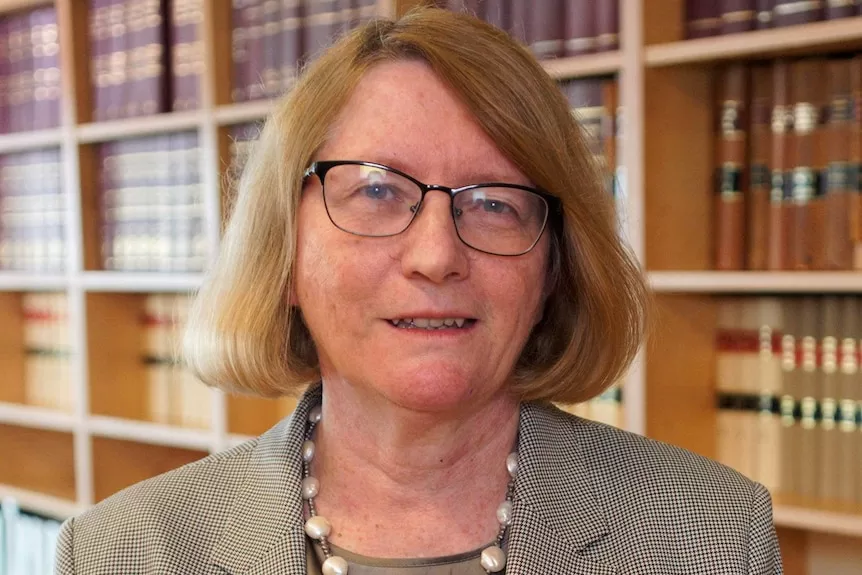- In short: The review made 16 recommendations, including the power to retrospectively release reports when in the public interest.
- The review was sparked by a High Court decision that left the CCC unable to publicly release reports about investigations.
- What’s next? The state government said it will adopt the recommendations.
A landmark review has recommended Queensland’s anti-corruption watchdog should be able to report on corruption allegations about elected officials even if the person is not found guilty.
The report by former Queensland Chief Justice Catherine Holmes recommends law changes, but they won’t give the Crime and Corruption Commission (CCC) unfettered powers.
Justice Holmes recommended the CCC be able to make public reports retrospectively, provided it satisfied specific criteria.
A 2023 High Court ruling blocked the CCC from publicly releasing a report into the state’s former trustee.
The dismissed appeal meant the CCC was unable to publicly release reports and media releases about other investigations.
An independent review was announced in February and handed to the government last week.
Justice Holmes noted in the review it became clear a “one size fits all” approach would not be suitable.
“The conclusions I have reached almost certainly will not please all, but they set up a workable regime which balances the considerations of human rights protection and the desirability of public sector transparency and accountability,” she said.
Public interest and retrospective ruling
Justice Holmes made 16 recommendations in the almost 500-page report, with the first outlining that CCC public reports and statements should be made in the public interest.
Some factors it must take into account include:
- The need for transparency and accountability in government and the public sector
- The effect on the human rights of persons who may be identified
- Ensuring legal proceedings aren’t prejudiced
- Whether the matter has been the subject of significant public controversy
Public reports on individual corruption investigations will be allowed where serious conduct has been substantiated by a court, tribunal, or disciplinary process.
Elected officials may be the subject of a public report even if corruption allegations are not proven, “provided it contains no critical commentary or expression of opinion concerning them”, other than if the allegations of corruption are unsubstantiated.
Anyone identifiable in a CCC public report will be given 30 days to submit whether it should be anonymised.
Government to accept recommendations
Attorney-General Yvette D’Ath said the government will adopt all the review’s recommendations.
“Ms Holmes has considered all sides of the issue of public reporting and left no stone unturned in delivering a clear and balanced set of recommendations,” she said.
“There is a clear public interest in the CCC being able to report on corruption matters. This is vital for the transparency and accountability of our democratic institutions.
“Public reporting cannot occur at the expense of due process and proper regard to individual rights. Respect for these values is equally important.”
Review sparked by high-profile cases
Former state public trustee Peter Carne was investigated for corruption by the CCC in 2018.
He was cleared and not criminally prosecuted.
The CCC moved to make its report on the investigation public through state parliament but Mr Carne took legal action to block the move.
His initial case in Queensland’s Supreme Court failed but the Court of Appeal overturned the decision on appeal.
The CCC then took its fight to the High Court but it was dismissed.
Former Deputy Premier Jackie Trad also launched a bid in the Supreme Court to suppress a separate CCC report.
Under parliamentary privilege, Deputy Opposition Leader Jarrod Bleijie said the investigation related to the independent recruitment process of former under treasurer Frankie Carroll in 2019.
It’s not known if the report made any findings against Ms Trad.
The case was dismissed last year after the CCC conceded it had “no power” to publicise the report. At the time, Ms Trad welcomed the outcome, saying the CCC’s conduct had a “significant impact on my political career and my family over the past three years”.
